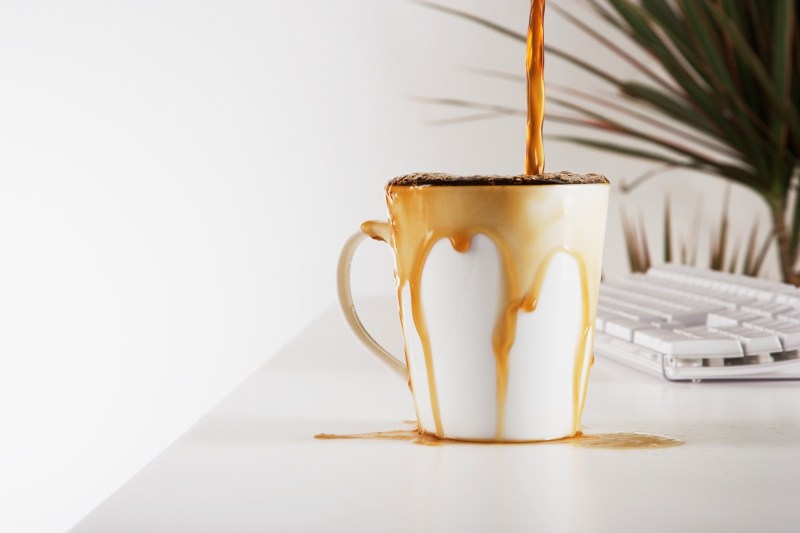
In liquid culture, there are some high-priced items out there. From the most expensive gin on the planet to record-breaking Scotch whisky, we throw a lot of money at the bottle. And that reverence extends to nonalcoholic goods too, like coffee.
Yes, the best coffee can draw some pretty staggering asking prices. A lot of it has to do with the extremely unique place in which it’s grown as well as how it’s processed. The results can be so remarkable that people will spend $150 on a cup of coffee.
What are the most expensive coffees in the world? Most of us know about Kona Coffee, adored for its smoothness and quite pricy, especially the purebred options (made with 100% Kona beans) or peaberry coffee, a mutation that results in smaller, more flavorful — and more expensive — roasts. Others are familiar with the high-end stuff from the Blue Mountains of Jamaica or even Fazenda Santa Ines in Brazil.
But we’re after the truly luxurious options, the kind of coffee you celebrate the end of a pandemic with or the end of an exotic vacation with. And if you prefer tea, that’s fine, too; here are some of the best options out there. But back to coffee: Here are the most expensive coffees in all the land.
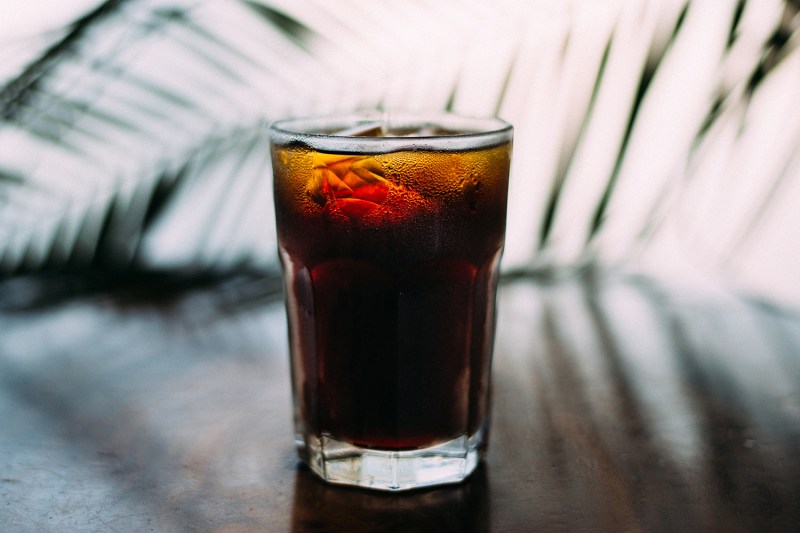
Molokai Coffee: $60 per pound
Often exceeding the price of Kona Coffee, this Hawaiian batch from the smaller island, Molokai, is perhaps still gaining celebrity. The industry is still coming along, launched by a German merchant in the mid-1800s but really not going commercial until the 1980s.
The prized bean here is the red catuai, which thrives in Hawaii’s volcanic soils and tends to produce rich-tasting notes that do especially well on the heavier end of the roasting spectrum. Look for “Molokai prime” on the label, essentially meaning that you’re getting the good stuff.
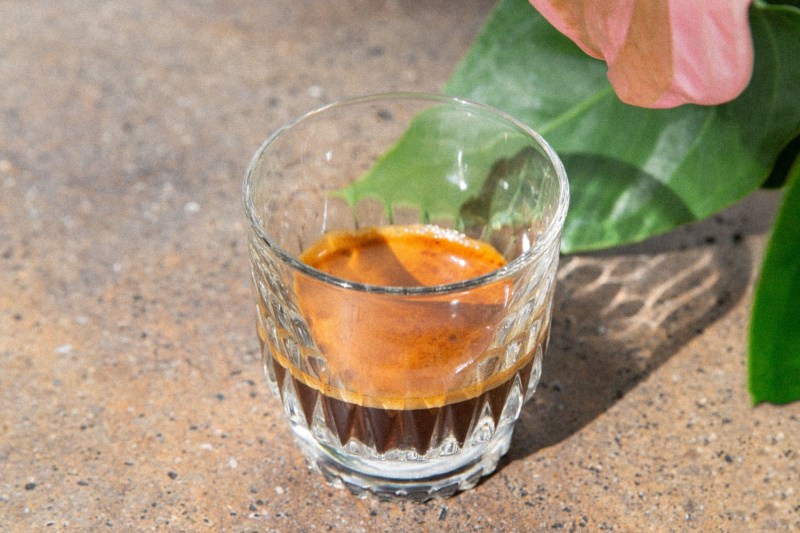
Saint Helena: $145 per pound
Grown on the small and relatively obscure island of Saint Helena in the South Atlantic, this coffee is rare and coveted. It comes from a tiny speck on the globe, a British territory where Napoleon was ultimately exiled. Here, green-tipped bourbon beans rule the land, brought over from Yemen (fittingly from the port city otherwise known as Mocha).
The Pinot Noir of international coffee, this bean is hard to grow and process and is beloved for its nuance and delicacy. Starbucks stole the headlines back in 2016 when it made some coffee from Saint Helena beans, hitting specialty aisles for about $80 per 8.8-ounce bag.
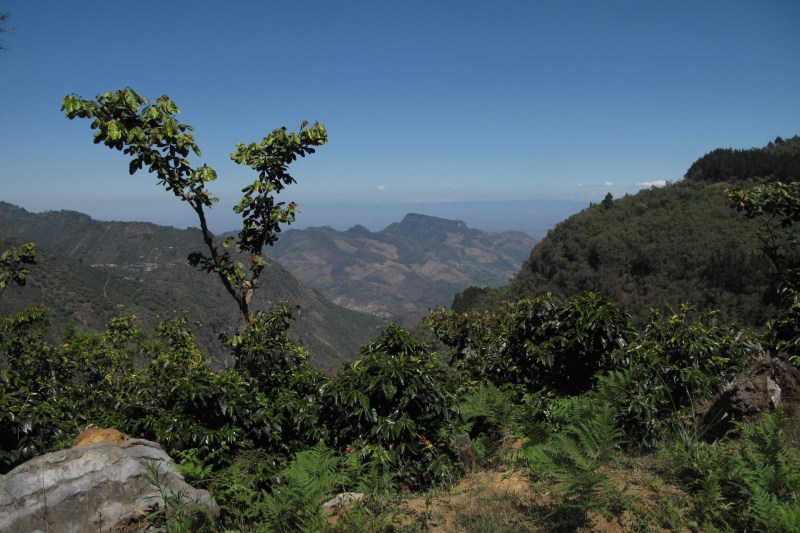
Finca El Injerto: $500 per pound
This Guatemalan coffee benefits from a high-altitude setting of more than 5,500 feet above sea level. It comes from a single farm of coffee grafted over from what used to be a sugarcane plot. Micro lots of this coffee often go to auction, fetching figures to the tune of more than $500 per pound.
Like Kona and some of the other more esteemed coffee names in the world, Finca El Injerto is often used in roaster’s labels, but it isn’t always made with coffee grown in this coveted Central American pocket (or, just a small percentage of what ends up in the package).
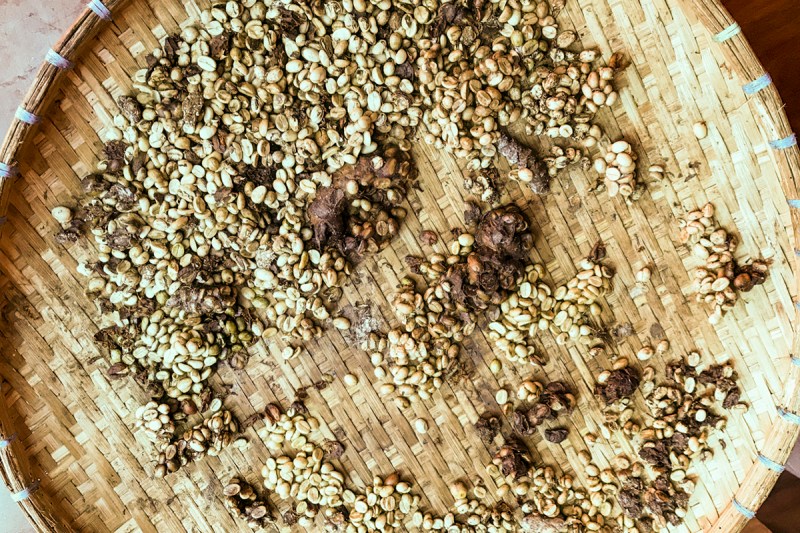
Kopi Luwak: $600 per pound
A prized Indonesian means of crafting luxury coffee, Kopi Luwak references the process that elevates the beans to such an expensive territory. The coffee cherries ferment as they pass through the civet, a cat indigenous to tropical forests. In addition to the chemical adjustments the cat’s stomach makes on the beans (something top roasters wax poetic about often), it’s believed that the civet also has a nose for the choicest of beans, only eating the best of the bunch.
What’s yielded is an extremely expensive coffee unlike anything else, at least in terms of origin. It should be noted that there’s quite a bit of fraud with this coffee as well and producers continue to play around with beans passing through other animal species for something special in the cup.
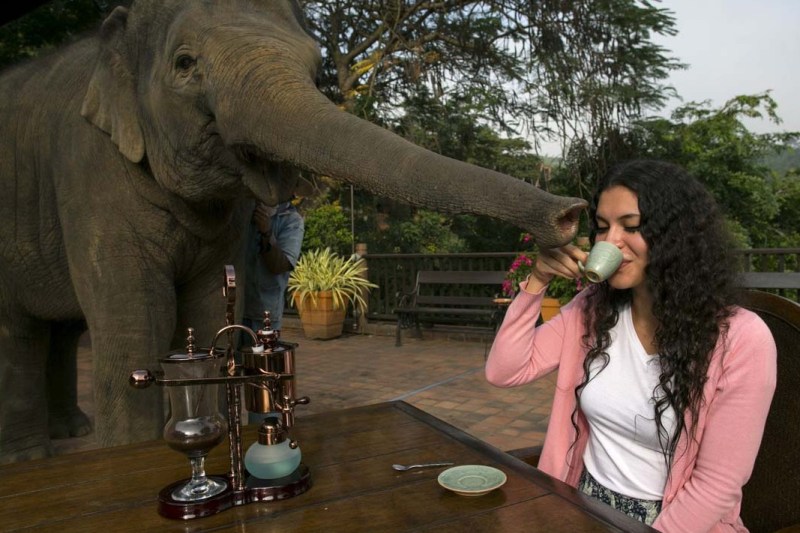
Black Ivory: $1,500 per pound
We’re pretty certain that nothing with ivory in the name comes cheap. This coffee hails from northern Thailand and routinely hits the $1,500-per-pound mark. Like many luxury coffees (see above), the process is not always appetizing.
These beans go through the digestive tracts of elephants, whereby they’re activated by a particular family of enzymes that make the beans incredibly smooth and flavorful. It’s an involved process that yields very few whole beans, as the elephants tend to break them down. The result, though, is special stuff, widely viewed as both the most expensive and most prized coffee on planet earth.


